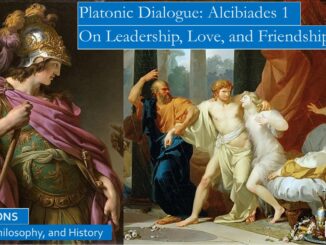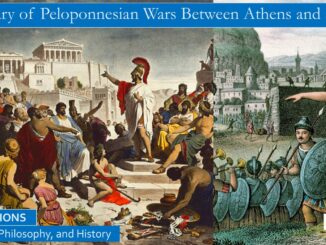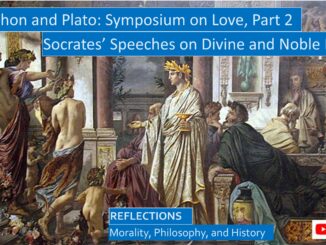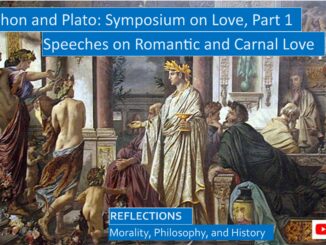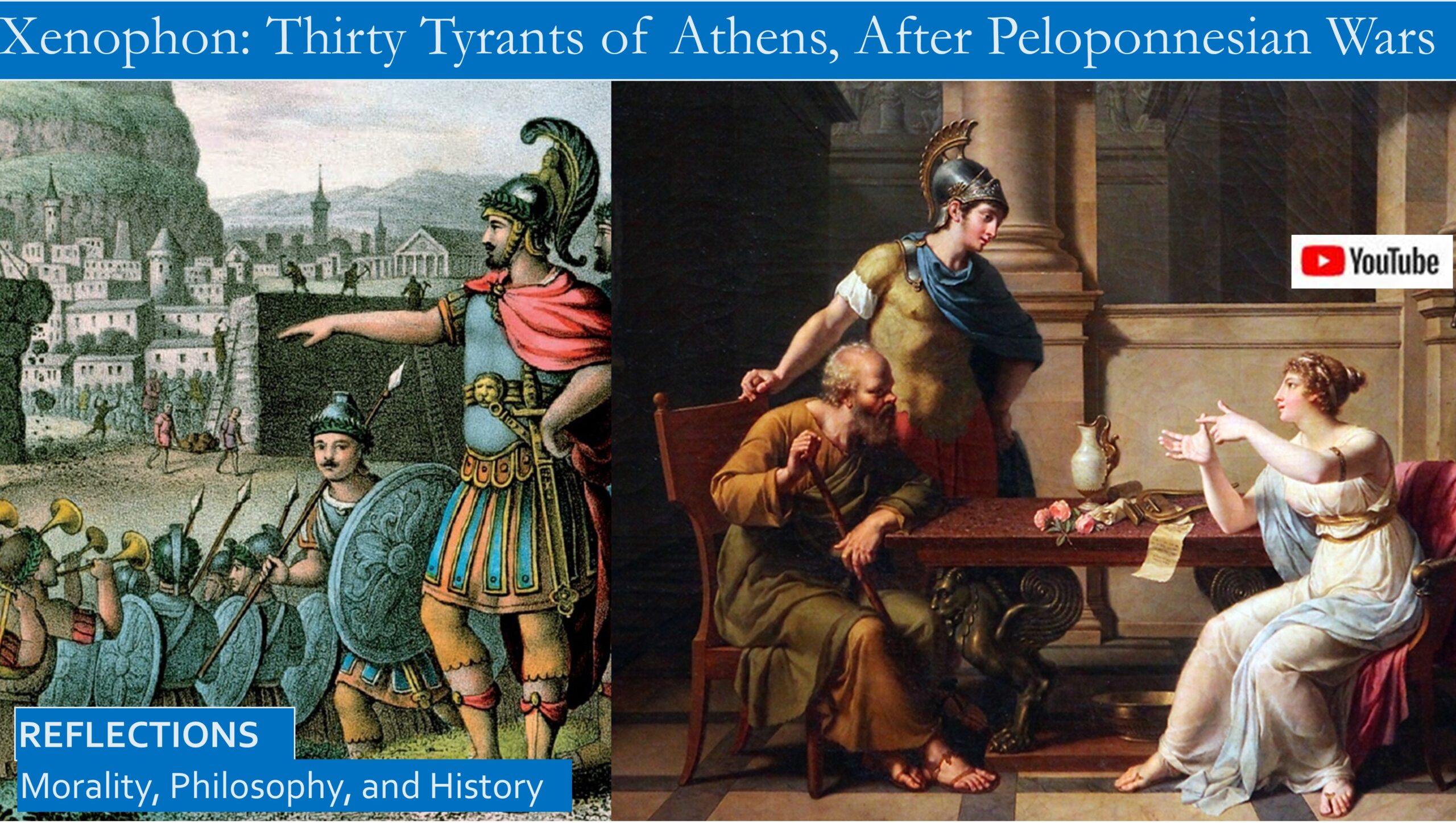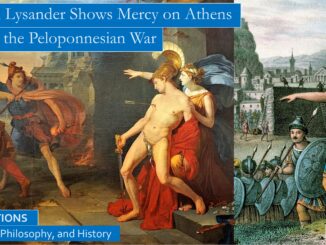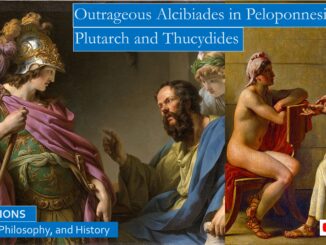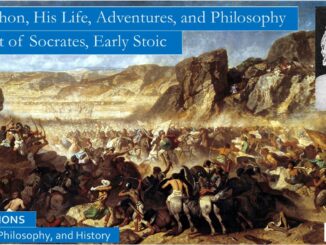
The Life, Adventures, and Philosophy of Xenophon, General and Student of Socrates
Was Xenophon a warrior, a historian, or a philosopher? Xenophon is one of the rare ancient authors whose entire corpus of major works have survived, putting him in the company of Plato and St Augustine, he was highly regarded among ancient and medieval scholars, though hyper-critical modern scholars tend to deprecate him. He was a student of Socrates and wrote several works featuring Socrates, including a fascinating collections of his Stoic-like sayings in the Memorabilia. […]

